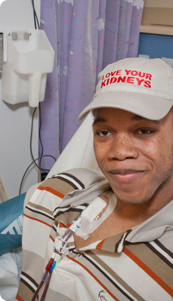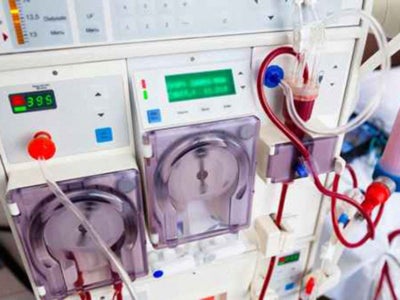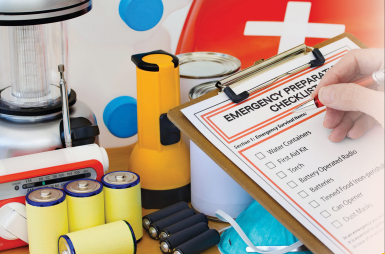Dialysis
Dialysis
Dialysis is a treatment that removes wastes and extra fluid from your blood when your kidneys are no longer able to do so effectively.
Overview
Dialysis is needed when your own kidneys can no longer take care of your body's needs.
Choosing treatment can be stressful. Learning as much as you can about your options and talking with your healthcare team will help you feel prepared.
Good health care is always a team effort - especially for people with chronic kidney disease.
Choosing a dialysis clinic is an important decision. Here are some tips to help you choose a facility that is right for you.
The Centers for Medicare and Medicaid (CMS) regulate how dialysis centers provide care in order to make sure that safety and quality standards are met.
To help address some of the most common misconceptions about dialysis, the National Kidney Foundation separates myths from facts.
Support
Kidney and urinary tract disease treatment continually improves. But the impact of kidney failure on everyday living is difficult to deal with for patients and families. Learn skills and discover strategies here.
You're Not Alone! Talk to someone who's been there. Speak with a trained peer mentor who can share their experiences about dialysis, transplant or living kidney donation with you.
NKF communities offer a safe and supportive place where patients and caregivers can share experiences, ask questions and get answers. Connect with others on dialysis in our HealthUnlocked community.





